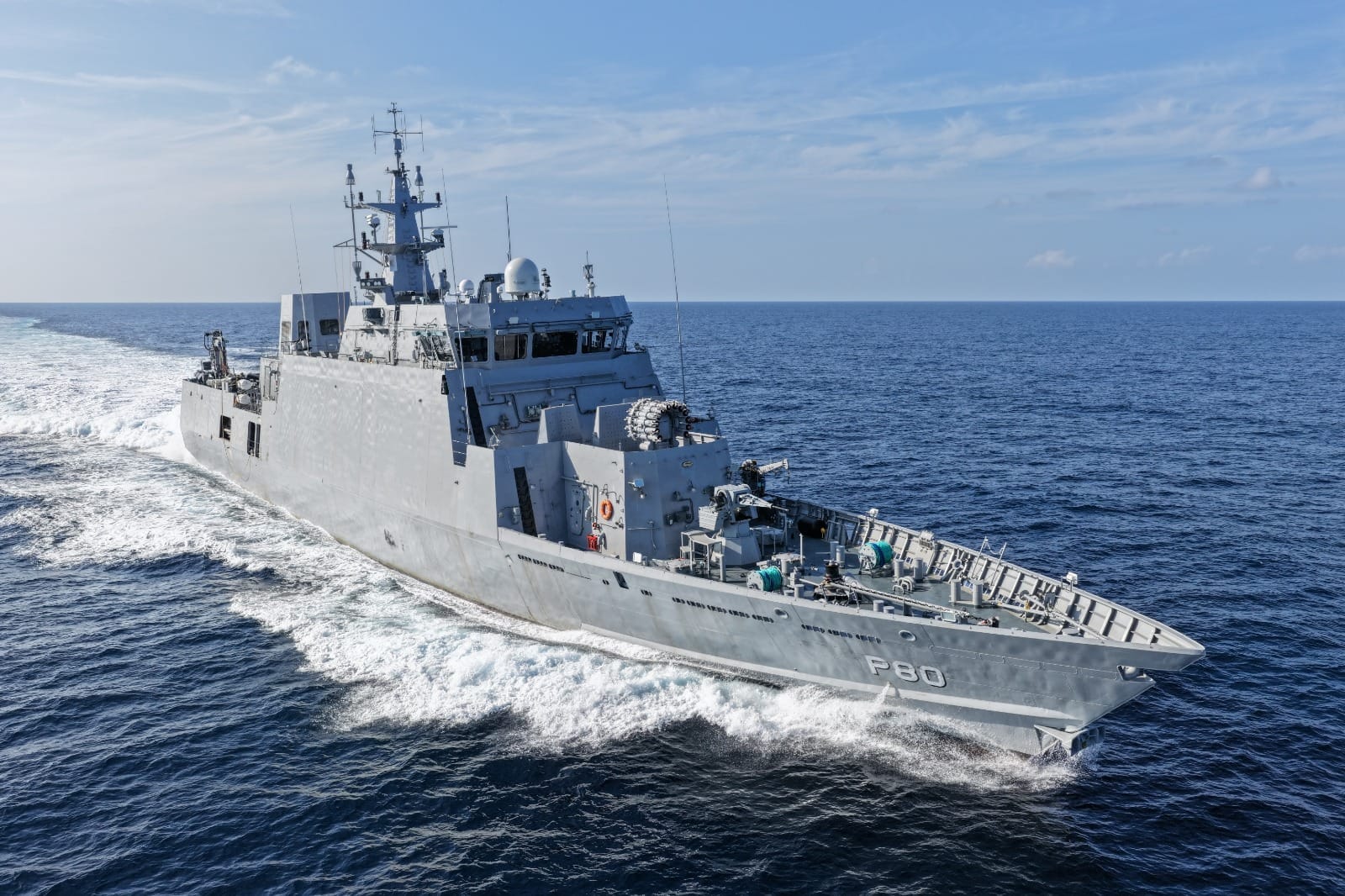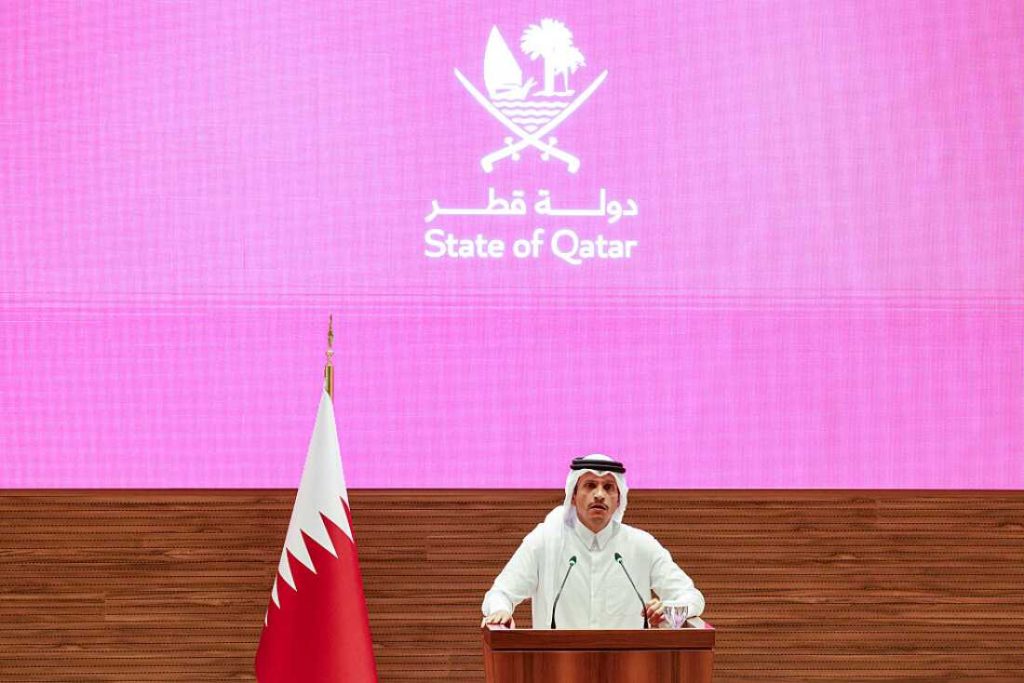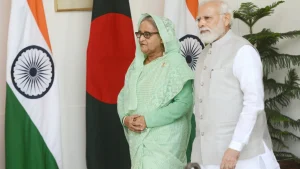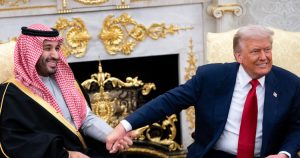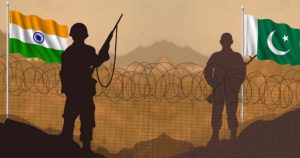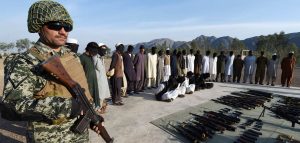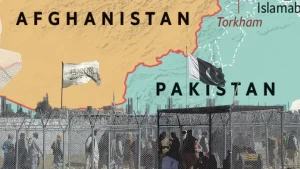History seldom announces its turning points with fanfare. More often, they arrive disguised as tactical episodes, only later revealed as markers of deeper shifts. Israel’s strike on Doha belongs to this category. At first glance, it may appear to be just another escalation within the grinding cycle of violence tied to Gaza. But its meaning extends far beyond the Palestinian theatre. By targeting Qatar, a state that has served as both a broker and host of delicate talks, Israel has signaled something profound – that geography, diplomacy, and Western security alliances no longer insulate Arab states from the consequences of resisting or even mediating with Israel.
This strike is not simply a military maneuver. It is a lesson broadcast to the Arab world – security will belong only to those who reconcile themselves to Israel’s imperatives. In effect, Israel is saying that even a neutral or mediating role carries risks if they constrain its freedom of action. For the Gulf monarchies, and even for states on the Arab periphery like Pakistan, this lesson is unnerving. It raises pressing questions about deterrence, alliance credibility, and the future architecture of Middle Eastern security.
Why did Israel strike Doha?
At its core, the attack was aimed at dismantling a diplomatic channel. Doha has long been the venue for contacts between Hamas and outside actors, including indirect dialogues involving the United States. By hitting Qatar, Israel sought not just tactical advantage but a structural change. Destroying the space for negotiations narrows the spectrum of options available to both adversaries and mediators.
This is the politics of deliberate disruption. By terminating one of the few remaining institutionalized pathways for dialogue, Israel has converted political problems into military ones. The result is an empowerment of domestic constituencies in Israel who believe maximal force is the only route forward, while simultaneously leaving Arab intermediaries with fewer tools for de-escalation. It is a recalibration of conflict management that favors confrontation over compromise.
Gulf States and the Shaken Faith in Protection
For decades, Gulf monarchies have rested their security upon two pillars – American guarantees and the belief that their capitals were off-limits to attacks by regional actors. Israel’s strike on Doha ruptures both assumptions. If one Gulf Cooperation Council (GCC) capital can be hit with impunity, none can consider itself immune.
This is more than symbolic. It undercuts the rationale for the U.S. military presence, long justified as a deterrent shield for the region’s small but wealthy states. Gulf rulers, already uneasy about Washington’s shifting priorities and domestic fatigue with Middle Eastern entanglements, now confront a dilemma – if U.S. partnerships cannot prevent or punish an attack on one of their own, then their reliance on those partnerships looks dangerously hollow.
The likely outcome is strategic anxiety, and with it, pressure to diversify security strategies. Already, discussions in Gulf capitals point to accelerated investments in missile defense, cyber warfare, and indigenous deterrent capabilities. The Doha strike will catalyze these long-term modernization trends, encouraging Gulf monarchies to hedge between great powers, seek more self-sufficiency, and contemplate retaliatory postures once considered unthinkable.
American Credibility Under Stress
For Washington, the strike presents a problem of perception. Whether the U.S. tacitly enabled the action, failed to deter it, or simply could not shape Israeli choices, the result is the same: America’s image as guarantor of Gulf stability has been damaged.
Credibility in alliance politics is about more than treaties and troops. It is about the belief among partners that red lines will be enforced and that guarantees mean something concrete. After Doha, Gulf leaders may continue to host American bases and maintain security partnerships, but they will do so with diminished trust in Washington’s assurances. That erosion of trust translates into reduced diplomatic leverage, more transactional relationships, and greater willingness to cultivate ties with rival great powers such as China and Russia.
Regional Militarization and the Push for Autonomy
Perceived abandonment or unreliability of external guarantees often produces a predictable response: militarization. In the Gulf, this will mean three things:
1. Investments in indigenous deterrence – expanding air defenses, missile forces, and cyber capabilities.
2. Diversification of arms suppliers – turning not only to the U.S. but also to Europe, Russia, and increasingly China.
3. Capacity for limited retaliatory options – a shift from purely defensive postures to ones that can impose costs on aggressors.
This trajectory will not transform the Gulf overnight as constraints of logistics, doctrine, and manpower are real. But the Doha strike accelerates a long-standing trend toward strategic autonomy. Gulf monarchies, once content to outsource their security, will now demand the ability to act, or at least threaten to act, independently.
A Rare Moment of Gulf Unity
Ironically, the strike may have also produced one of the few recent moments of GCC solidarity. Long plagued by rivalries, most notably between Qatar, Saudi Arabia and the United Arab Emirates (UAE), most notably the Gulf has often struggled to present a unified front. An attack on one of its capitals reframes the issue not as a bilateral spat but as an affront to the entire institution of Gulf sovereignty.
Public gestures of solidarity through emergency summits, coordinated condemnations, and discussions of joint measures suggest that Israel’s strike has temporarily narrowed intra-GCC divisions. Whether this unity endures is less certain. Genuine cohesion will depend on substantive security arrangements, not just symbolic gestures. Still, the potential for more collective Gulf diplomacy is one of the strike’s paradoxical outcomes.
Legal and Diplomatic Fallout
The strike also opens new legal avenues. Until now, international legal campaigns against Israel have focused primarily on its conduct in the occupied territories. But an attack on a sovereign Gulf state shifts the terrain. Calls for accountability, international arrest warrants, or targeted sanctions against Israeli officials will likely multiply.
Though such efforts may not quickly isolate Israel, they raise the diplomatic costs of impunity. Gulf states, leveraging their relationships in Europe, Africa, and Asia, can broaden the coalition of countries willing to press Israel on legal grounds. This expands the battlefield into multilateral institutions, courtrooms, and regulatory frameworks.
The Escalation Risk
Striking a GCC capital sets a precedent that could prove destabilizing far beyond Doha. If Israel demonstrates a willingness to pursue adversaries across national borders, the risks of clashes with Turkey, Iran, or other regional powers rise sharply.
The danger is not limited to direct interstate conflict. Proxy wars, maritime incidents, and asymmetric reprisals become more likely, threatening global shipping and energy markets. Already jittery, investors and insurers may price these risks into regional economic forecasts, complicating Gulf diversification strategies and undermining the soft-power image of stability and predictability that Gulf monarchies have sought to project.
Implications for Pakistan
While the Gulf absorbs the immediate shockwaves, Pakistan must recognize that these dynamics spill outward. The strike on Doha is not only about Arab sovereignty; it signals the kind of coercive diplomacy that could eventually reach other peripheries.
Pakistan shares with Arab states several vulnerabilities, like external reliance, internal fragility, and contested identity. The challenge is not whether Pakistan will face similar pressures, but whether it can anticipate them. Its choices in the coming years will determine whether it remains an actor in shaping regional outcomes or becomes a subject to them.
Pakistan’s imperatives are clear:
1. Internal Stability as Foundation
Economic resilience and political coherence are prerequisites for autonomy. A fractured domestic scene leaves Pakistan strategically vulnerable, reducing its capacity to maneuver. Without internal stability, foreign policy becomes reactive, dictated by external pressures rather than internal priorities.
2. Preserving Strategic Autonomy
In an environment of expanding conflicts, rigid alignments carry risks. Pakistan must resist entanglement in blocs that compromise independence. Flexibility – the capacity to maneuver between poles – is essential for long-term security.
3. Balanced Great-Power Relations
Pakistan cannot afford to alienate either axis of global power. Relations with the U.S. remain vital for access to markets, finance, and technology, while China is indispensable as a strategic partner and development anchor. The key is candor – differences must be managed transparently to preserve the reliability of both partnerships.
4. South Asian Security Imperatives
Kashmir remains Pakistan’s foremost security concern. The quiet removal of the issue from international discourse is a danger greater than open conflict. Preserving recognition of Kashmir as unresolved is a diplomatic priority, demanding persistent advocacy in international forums.
5. Strengthening Middle Eastern Engagements
The Gulf crisis elevates Turkey’s role as a potential power broker. Pakistan should deepen defense and political cooperation with Ankara, aligning interests in a shifting balance. Equally, building stronger ties with Gulf monarchies, not as a supplicant but as a strategic bond, will be crucial in an era of heightened insecurity.
6. Multilateral Participation
Isolation is the greatest risk. By investing in multilateral forums dedicated to peace and stability, Pakistan reinforces its diplomatic weight and ensures it cannot be sidelined. Active engagement also gives it a platform to link South Asian concerns with Middle Eastern dynamics, highlighting the interconnection of regional crises.
Policy Options
Israel’s strike on Doha cannot be understood as just another episode in the Gaza war. It represents a structural inflection point. It dismantles a negotiation channel, undermines Gulf assumptions about territorial immunity, damages American credibility, accelerates militarization, and creates new legal and diplomatic battlefields.
For the Gulf monarchies, the challenge is to transform outrage into coherent strategy – one that balances deterrence with diplomacy, autonomy with alliances. For Washington, it is a test of whether its role as regional guarantor can survive diminished trust. For Israel, it is a gamble that force can substitute for diplomacy without producing uncontrollable blowback.
And for Pakistan, the lesson is sobering. The vulnerabilities exposed in Doha mirror its own: reliance on external powers, internal fragility, and the dangers of being caught in wider geopolitical realignments. The task is not merely to react but to anticipate – to shore up internal foundations and preserve strategic maneuverability before events render it a subject rather than an actor.
History’s turning points often appear small at the moment they unfold. But the Doha strike may one day be remembered as the moment when Middle Eastern security shifted on its axis — and when states like Pakistan were forced to decide whether they would navigate the new order with foresight or be overwhelmed by it.



